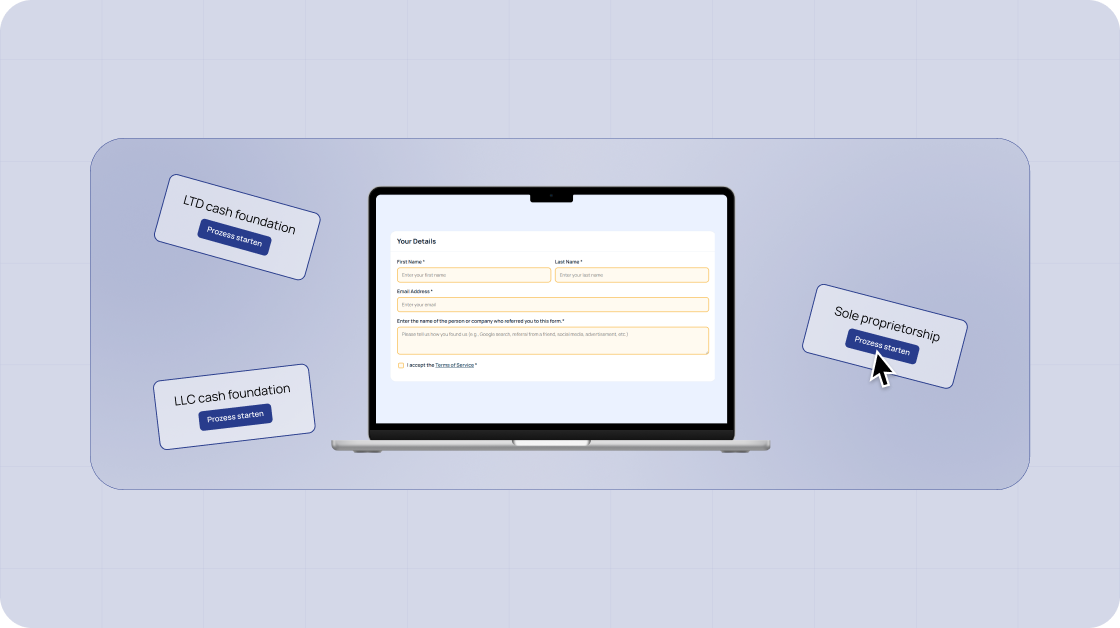The internal control system comprises a set of rules, policies, and procedures that an organization implements to provide direction, increase efficiency, and strengthen compliance with policies. In addition, the Code of Obligations explicitly requires the existence of an internal control system and a risk report.
1. What is internal control?
Internal control, as defined by accounting and auditing, is a process for ensuring an organization's goals of operational effectiveness and efficiency, reliable financial reporting, and compliance with laws, regulations, and policies. The broad concept of internal control includes everything that controls risks for an organization.
It is a means by which an organization's resources are directed, monitored, and measured. It plays an important role in detecting and preventing fraud and protecting the organization's resources, both physical (e.g. machinery and property) and intangible (e.g. reputation or intellectual property such as trademarks).
At organizational level, the goals of an ICS relate to the reliability of financial reporting, timely feedback on the achievement of operational or strategic goals, and compliance with laws and regulations. At the specific transaction level, ICS refers to the measures taken to achieve a specific goal (e.g. how to ensure that payments are made by the organization to third parties for valid services provided). Internal control procedures reduce process variations, resulting in more predictable results.
2. Objectives of an ICS
An ICS should pursue the following objectives:
- Efficient business management:
There should be controls in place to ensure that processes run smoothly and operations are free from interruptions. This reduces the risk of inefficiencies and threats to value creation in the organization.
- Asset protection:
Checks should be in place to ensure that assets are used for their actual purposes and are not vulnerable to misuse or theft. A comprehensive approach to achieve its goal should consider all assets, including tangible and intangible assets. Especially in unforeseeable times of crisis, it is important to avoid unnecessary expenses in order to remain liquid.
- Preventing and detecting fraud and other wrongful acts:
Even small companies with simple organizational structures can fall victim to these breaches, but as organizations grow in size and complexity, the nature of fraudulent practices is becoming ever more diverse and controls must be able to combat them.
- completeness and accuracy of financial records:
An organization cannot produce accurate financial reports if its financial records are unreliable. The systems should be able to record transactions so that the type of transactions made is correctly reflected in financial reports.
- Timely preparation of financial reports:
Organizations should be able to comply with their legal obligations and provide their accounts correctly and in a timely manner. They are also required to prepare meaningful statements to their shareholders. Internal controls can also be applied to management accounting processes, which are necessary for effective strategic planning, decision making, and monitoring the organization's performance.
Would you like more information about internal control systems and the resulting benefits for you? We are happy to be there for you!
Disclaimer: The content of this blog post is for informational purposes only and does not constitute professional advice. Each individual case should be reviewed individually and we recommend that you seek professional advice for specific questions.








